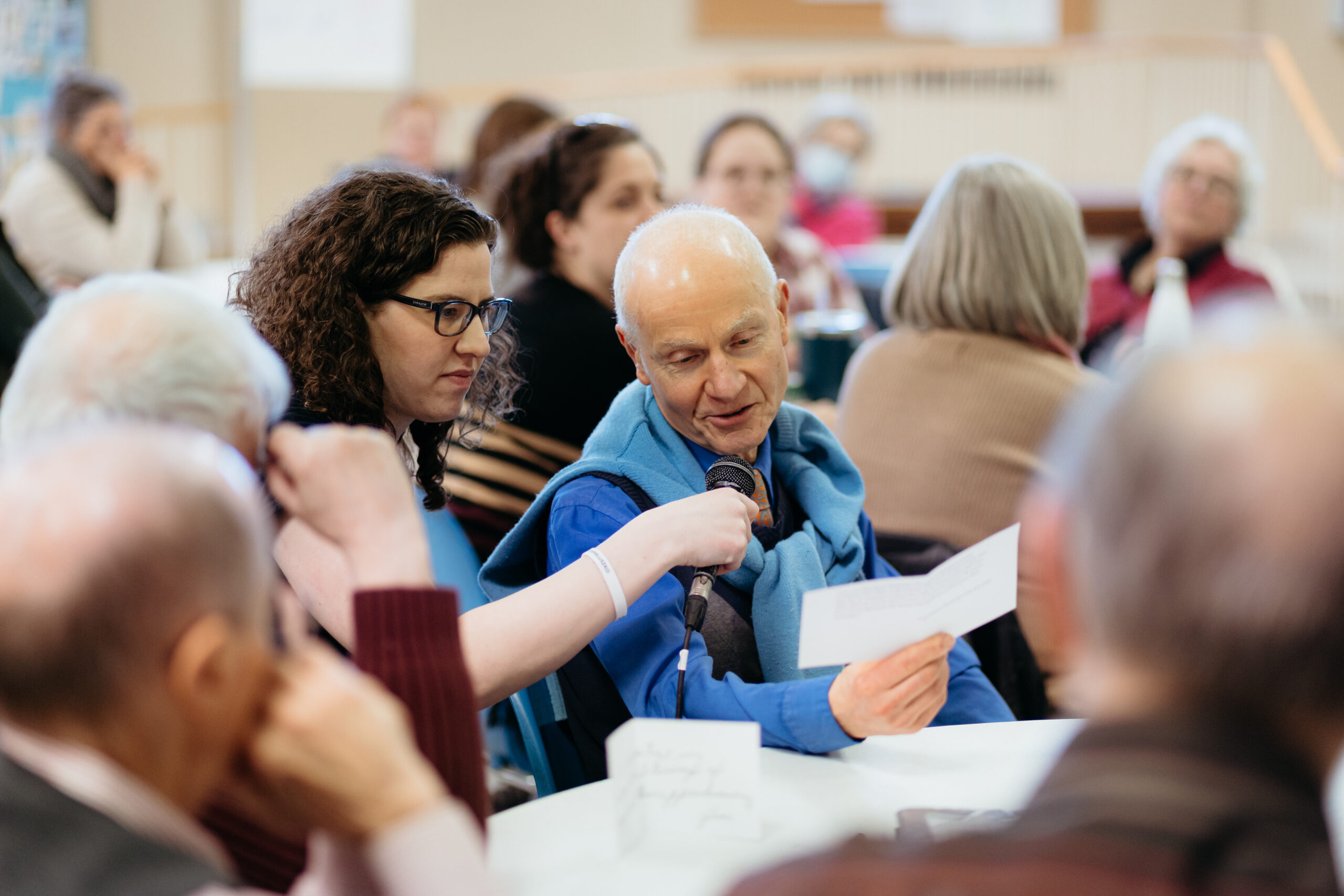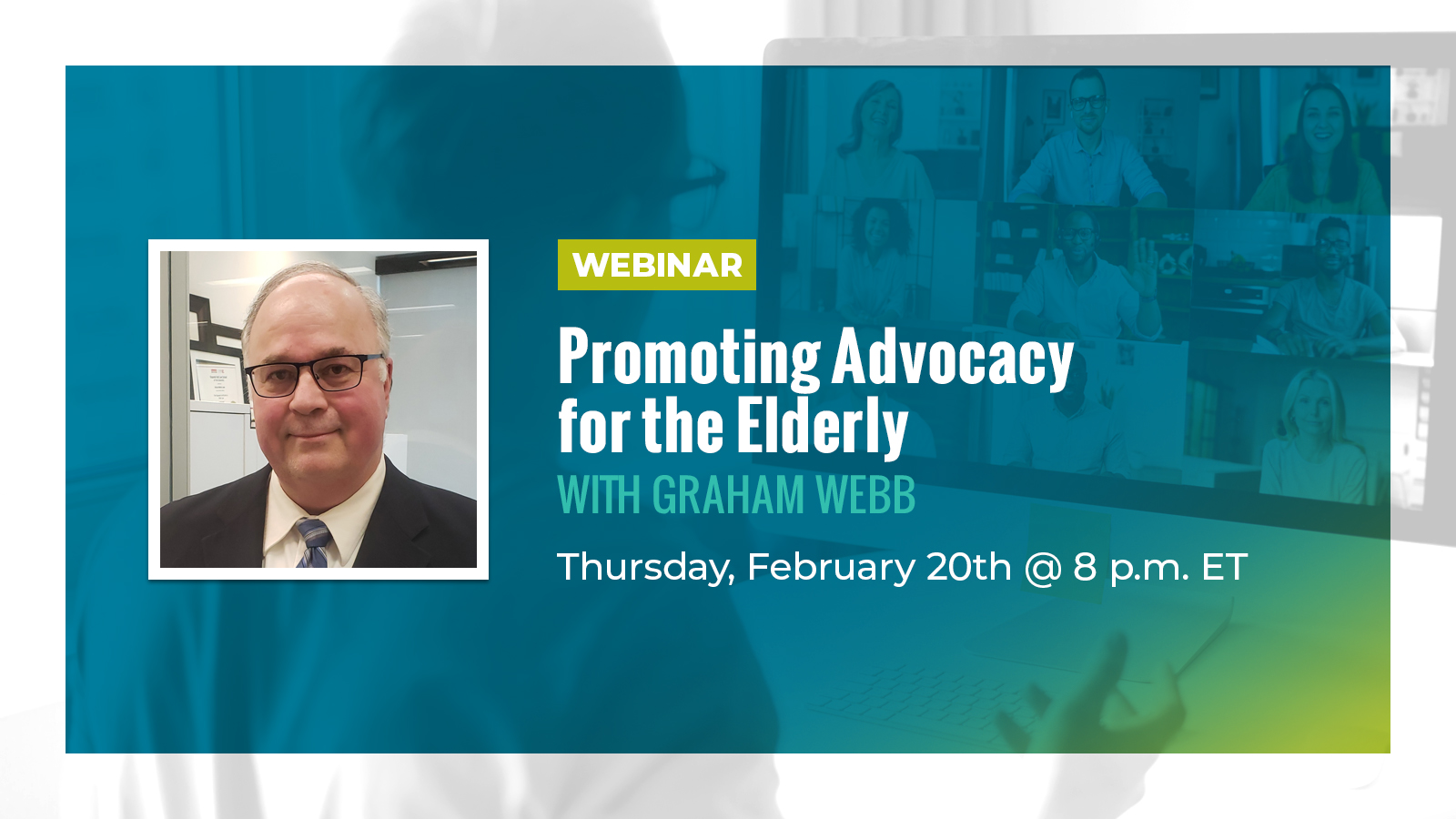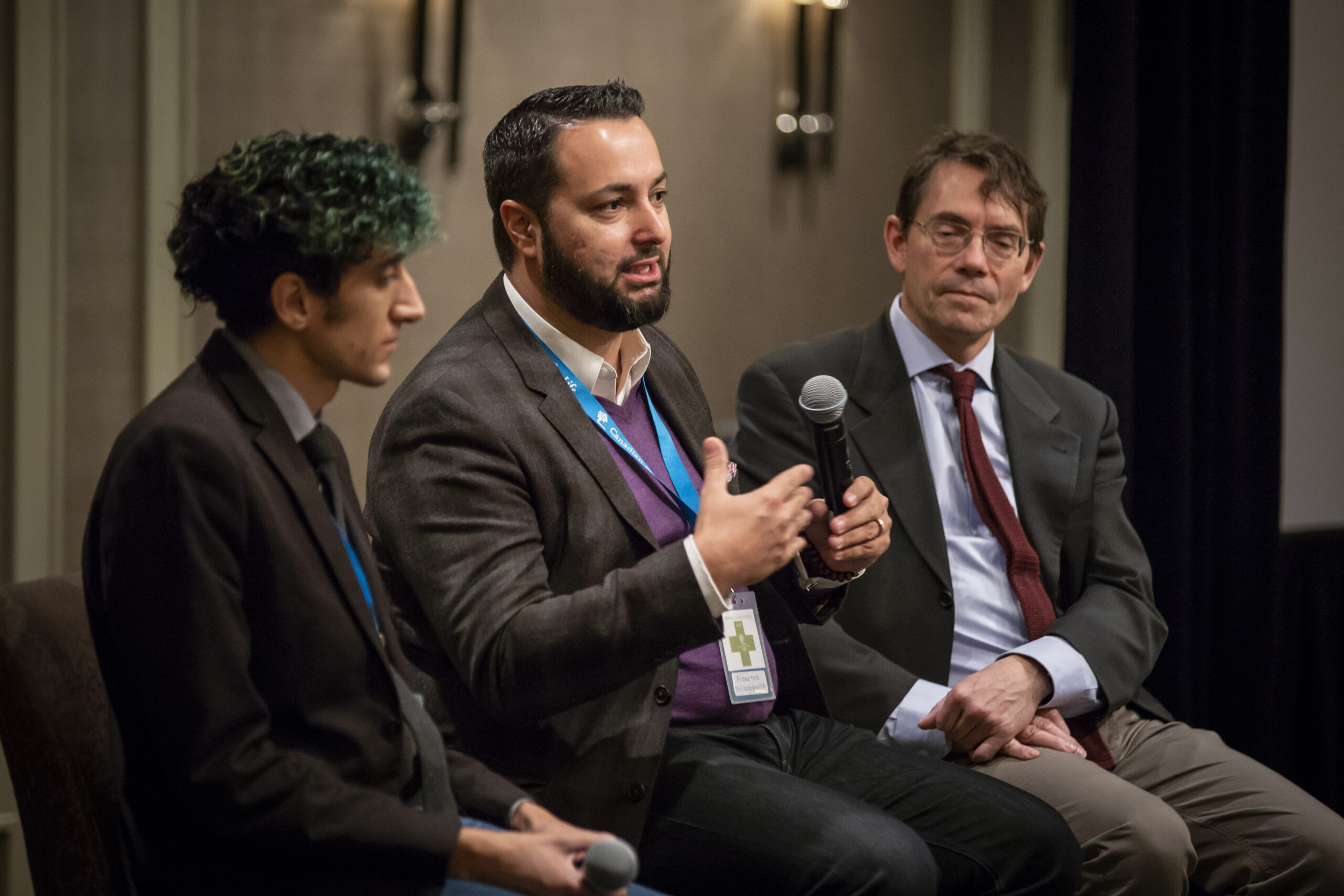
“Boomer Remover”, the trending phrase that serves as a brutal reminder that the coronavirus death rate is higher among seniors, has opened up another dark reality. “According to the calculations of economists, human life does, indeed, have a price,” especially during the pandemic.
Two healthcare professionals point out that COVID-19 isn’t the only thing that’s gone viral. “Even as our level of societal concern and action has escalated…we are still ignoring many of the needs and concerns of older adults.”
Ageism and COVID
Moreover, recent reports warn of scenarios which have already played out in Italy: Who gets a ventilator in the COVID-19 crisis? “We all hope we’re not going to end up in a situation where we have to make these extremely difficult [decisions] where we have to choose between one individual and another one,” said a physician and bioethicist at Vancouver Coastal Health.
How doctors in Canada will decide who lives and dies if the pandemic worsens has kept medical ethicists across the country busy. “In cases where resources are limited, we would allocate the resources to people for whom we think will have the best outcome,” says the regional director of ethics services for the New Brunswick’s Horizon Health Network. But each province is making its own policies so that doctors won’t have to make life-and-death decisions alone.
Just as we begin to despair over a culture that believes some humans are more deserving of brainwaves and beating hearts than others, messages of mercy surface. “’Patients who are not expected to survive should not be abandoned,” said the head of the division of palliative care at the University of Ottawa, who considers palliative care “a human right for all dying patients.” He and his cohorts published a paper in the CMAJ, Pandemic palliative care: beyond ventilators and saving lives, which is gaining international attention as “an essential tool to provide care and help manage scare resources during the pandemic.”
Acts of Optimism
If we take the time to look for hope in this difficult time, we find it in small acts of courage and optimism among the ranks of healthcare professionals. “Let’s just get through this. We are all being inconvenienced and are enduring our own struggles with this. I hope that after all this, we can say that the good news was that we were there for each other. We have never done this before—but we are learning.”
You Might Also Like
Follow US:




